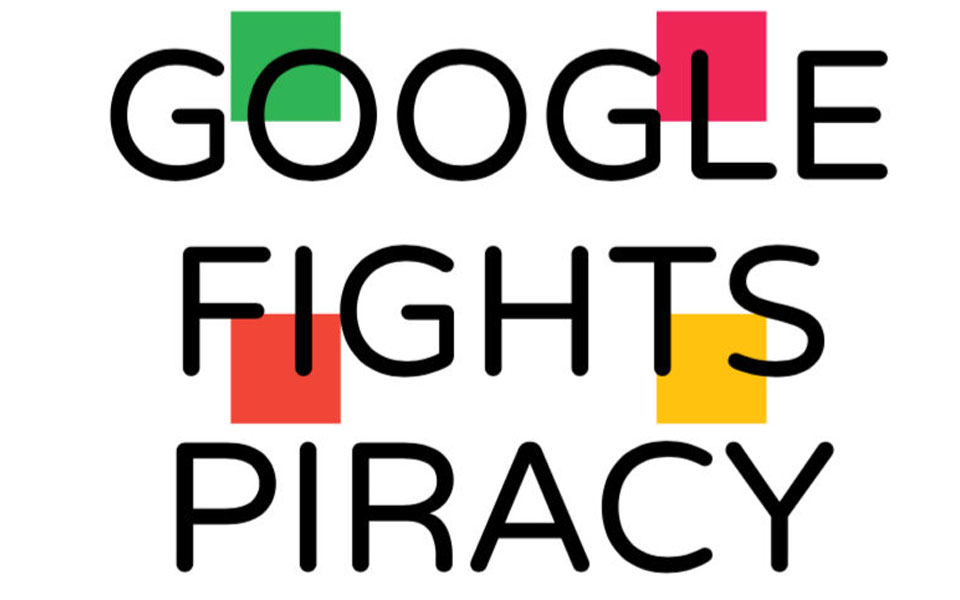San Francisco, Nov 7: Google said Wednesday it is making strides in helping internet users legitimately get songs, films and apps while choking off revenue to websites with stolen digital content.
A 64-page report released by Google claimed progress in the war on piracy, but also noted a new battlefront in the form of "add-on" software that can be installed on legitimate open-source media players such as the Kodi box to illicitly stream copyrighted content.
"Combating illegal streaming on open-source media players like the Kodi box shows both the challenge and the importance of a balanced approach in the fight against piracy," Google said in the report.
"Pirates have created add-ons to enable Kodi boxes to access infringing works."
Set-top boxes with suspicious add-ons are removed from Google Shopping, while apps with pre-installed "Kodi add-ons" giving access to pirate sites are removed from the Play Store, according to the internet firm.
The report cited a 2018 global study released by The Institute for Information Law that found the percentage of internet users who engage in piracy has been falling, while spending on legal content is rising.
"Successfully decreasing incidents of copyright infringement has required providing more and better legitimate alternatives to infringing content, as well as more effective tools for combating piracy," Google said.
Google boasted that it has been generating more money for those who create or own digital content while strengthening its arsenal and efforts to fight piracy.
A YouTube "Content ID" tool creates digital fingerprints of sorts of copyrighted content and then automatically detects it online, allowing owners to have it removed or monetized.
Websites involved in piracy are "demoted" in search results and cut off from Google's online ad platform, according to the report.
"One of the most effective ways to combat rogue sites that specialize in online piracy is to cut off their money supply," Google said.
Since 2012, Google has terminated more than 13,000 AdSense accounts and ejected more than 100,000 sites from its AdSense program for violations of policy on copyrighted material, according to the report.
Meanwhile, a "Google Play" online shop for digital content bans apps that "infringe copyright, encourage illegal streaming, or attempt to deceive users by impersonating other apps."
Google also told of taking aim at copyright-infringing ads with "considerable" resources. The California-based tech giant said that last year it rejected more than 10 million ads suspected of infringing copyrights or linking to websites that did.
According to the report, Google-owned YouTube paid more than USD 1.8 billion to the music industry from October 2017 to September 2018.
Digital video revenues are expected to soar from USD 64 billion last year to USD 119 billion by the year 2022, while global music streaming revenues more than doubled from 2015 to 2017, according to the report.
Let the Truth be known. If you read VB and like VB, please be a VB Supporter and Help us deliver the Truth to one and all.
Hyderabad (PTI): Telangana Chief Minister A Revanth Reddy met Union Home Minister Amit Shah in Delhi on Wednesday night and urged him to increase the sanctioned strength of IPS officers to the state in view of its growing administrative and security needs.
The two leaders also discussed the recent surrender of several senior Maoist leaders before the Telangana Police and other issues.
"During the meeting, the two leaders discussed the issue of Maoist surrenders and their rehabilitation. The chief minister informed Shah that significant improvements in policing have taken place in Telangana over the past two years," an official release here said.
Highlighting that 591 Maoists have laid down their arms and joined the mainstream of society during this period, the chief minister said the state government was providing them compensation and rehabilitation assistance as per the rules.
He requested the Union home minister to extend financial support from the central government for development works in the backward regions of the state.
Reddy also urged Shah to increase the sanctioned strength of IPS officers to the state from 83 to 105 in line with the state's growing administrative and security needs, the statement said.
The first cadre review after the formation of Telangana was conducted in 2016, while the next review, due in 2021, was delayed and finally carried out in 2025. Even then, only seven additional IPS officers were allocated to the state, the chief minister informed Shah and requested that the third cadre review be conducted in 2026 as per the schedule.
Reddy explained that Telangana, like the rest of the country, is facing several modern challenges, including cybercrime, drug trafficking, white-collar crimes, and other emerging security threats.
He highlighted the reorganisation of the Hyderabad, Cyberabad, and Malkajgiri Police Commissionerates, the proposed formation of the Future City Commissionerate and the rapidly growing population in Hyderabad to underline the increasing administrative requirements of the state.





